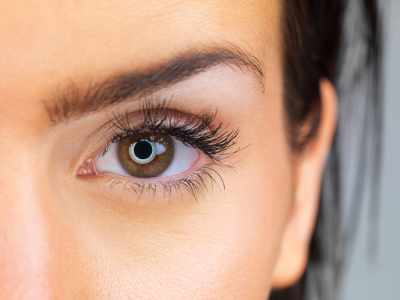Five natural remedies to prevent migraines
If you have two or more migraines in one month, you are likely to be diagnosed as having chronic migraine headache disorder. If this is the case, it is recommended that you take preventative treatments.

Your doctor can talk you through medication options, however you may also want to consider a complementary approach. The following natural preventative remedies may help. Please note, you should always discuss new forms of treatment with your doctor, especially if you are already taking other medication.
1. Magnesium
Patients who suffer from migraines typically present with lower levels of magnesium when compared to control groups of the same age who don’t suffer from migraines. When delivered intravenously, magnesium therapy has been shown to help treat acute migraine headaches, however the use of oral magnesium alone has had mixed results.
Magnesium has been shown to have positive results when combined with riboflavin and feverfew. There is also evidence to support magnesium in the treatment of menstrual associated headaches.
2. Feverfew
Feverfew is a shrub that has small daisy-like flowers. The leaves (and sometimes the stems and flowers) are dried and used to make herbal supplements. Various studies have shown its effectiveness in reducing the frequency of migraines.
Further studies also point to feverfew working well when combined with other supplements or acupuncture.
3. Ginger
It is thought that ginger has a dual role when it comes to treating migraines; preventing by reducing inflammation and working as an acute treatment when used alongside other supplements. Ginger has been found to be especially effective when used with feverfew and administered under the tongue.
4. Acupuncture
In a head to head trial, acupuncture was shown to be equally as effective as the prescription medication topiramate in the treatment of migraines. Aside from this compelling evidence, there are many other studies that support the use of acupuncture for pain.
5. Yoga
A number of studies show a reduction in migraine headaches in patients who practise yoga when compared with those who did not. The studies in question point to mindful breathing and the sequence of physical postures as being responsible for altering the brain’s response to stress, thus creating a reduction in pain.

Find a therapist dealing with Acupuncture
All therapists are verified professionals





